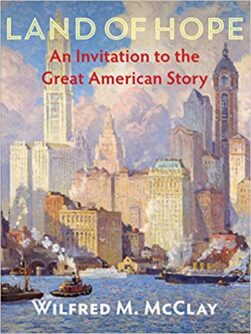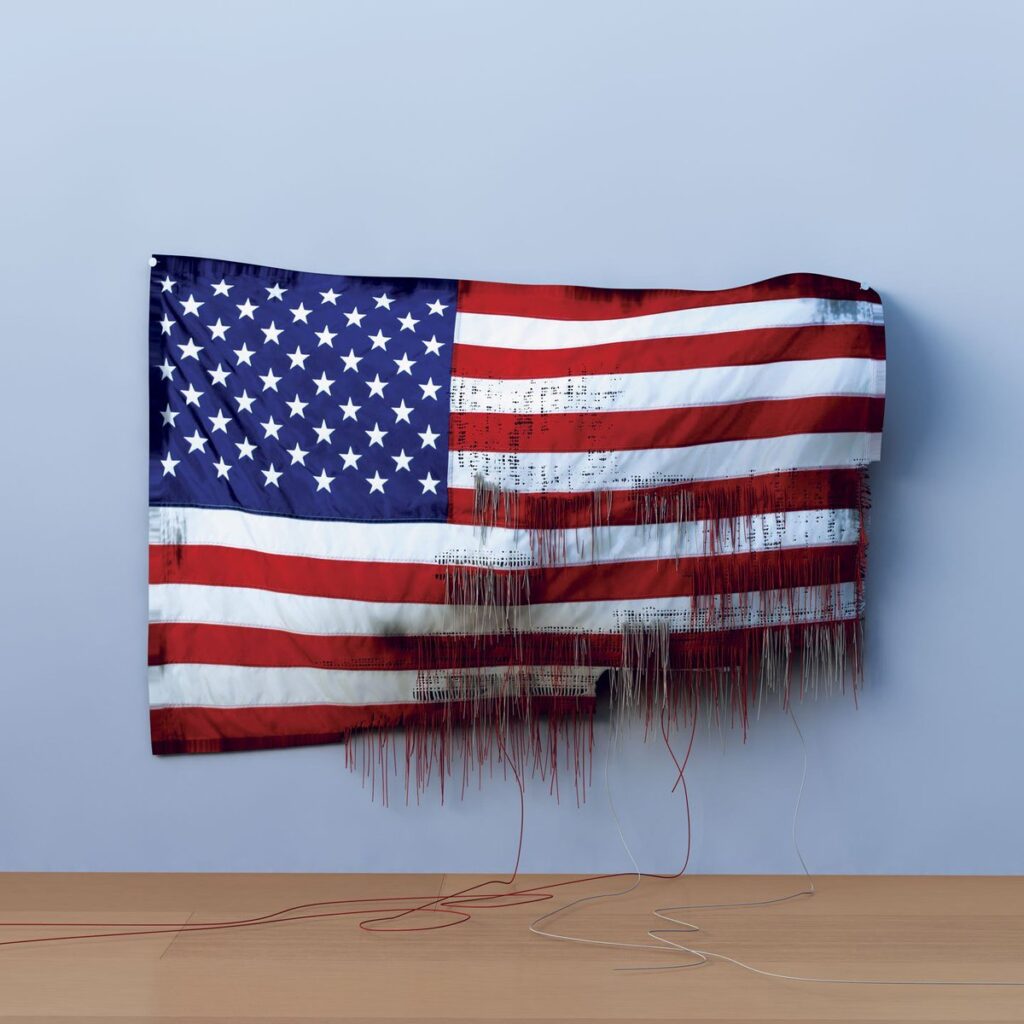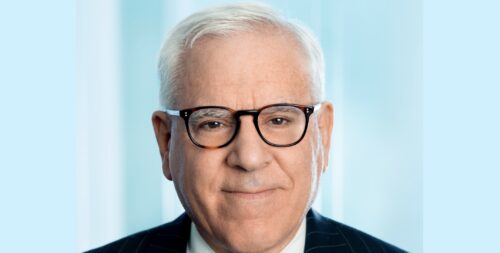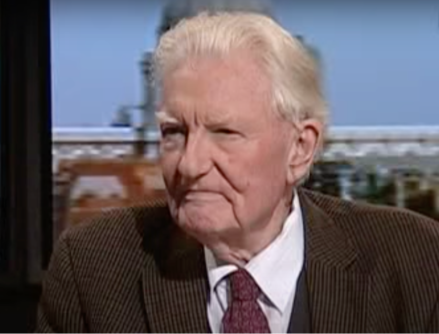More are recognizing America’s “identity crisis” as urgent.
Andrew A. Michta’s bluntness in a recent American Interest column about the fact that America has been deconstructed into a “Balkanized” tribalism is jarring, and his concluding call for a restoration of the values and ideals that have kept us together is stirring.
“The American people are at an inflection point, with the binary being increasingly that of a ‘North American Balkans’ or a return to ‘E Pluribus Unum,’” writes Michta, dean of the College of International Studies at the George C. Marshall European Center for Security Studies, in “Rebuild American Patriotism.”
To stop and reverse the deconstruction of what the Framers intended to be a decent society of free individuals, connected by shared American values and democratic ideals that transcend one’s creed or national origin, will require an all-out effort. In the final analysis, this is fundamentally a question of preserving as opposed to abandoning the values and principles that for over two centuries have underpinned this great nation.
This is a deconstruction that has been going on for a while, of course, and it is a restoration that would take a while, too. Philanthropy can and should play a role in trying to catalyze the “all-out effort” for which Michta calls in the piece, which is well worth the read.
As similarly noted in 2008’s E Pluribus Unum, the report of The Bradley Project on America’s National Identity, “A nation whose citizens no longer feel national pride or a unique allegiance to their own country is a nation that has lost its sense of national identity, and perhaps its will to survive. This is an identity crisis.”
 As well-underscored with such urgency by Michta more than a decade later, the crisis sure seems even worse now. “There is a strong tendency in modern American society to treat patriotism as a dangerous sentiment, a passion to be guarded against,” properly laments University of Oklahoma professor Wilfred M. McClay at the end of his impressive new book Land of Hope: An Invitation to the Great American Story, which is itself a project representative of the kind of philanthropically supported ones that could be part of an “all-out effort” in this context. (McClay helped the Bradley Project in its work.)
As well-underscored with such urgency by Michta more than a decade later, the crisis sure seems even worse now. “There is a strong tendency in modern American society to treat patriotism as a dangerous sentiment, a passion to be guarded against,” properly laments University of Oklahoma professor Wilfred M. McClay at the end of his impressive new book Land of Hope: An Invitation to the Great American Story, which is itself a project representative of the kind of philanthropically supported ones that could be part of an “all-out effort” in this context. (McClay helped the Bradley Project in its work.)
As has been previously noted elsewhere, it would have been quite preferable, and probably more effective, for philanthropy—given its uniquely privileged position, including not having to be overly concerned merely about the present—to get out ahead of circumstances and support more good, long-term civic-education and other related efforts years ago, the benefits of which might not have been so quickly or easily measured.
Though it’s unfortunately later than it need have been, it still may not be too late now. It is, as McClay writes, a land of hope.





